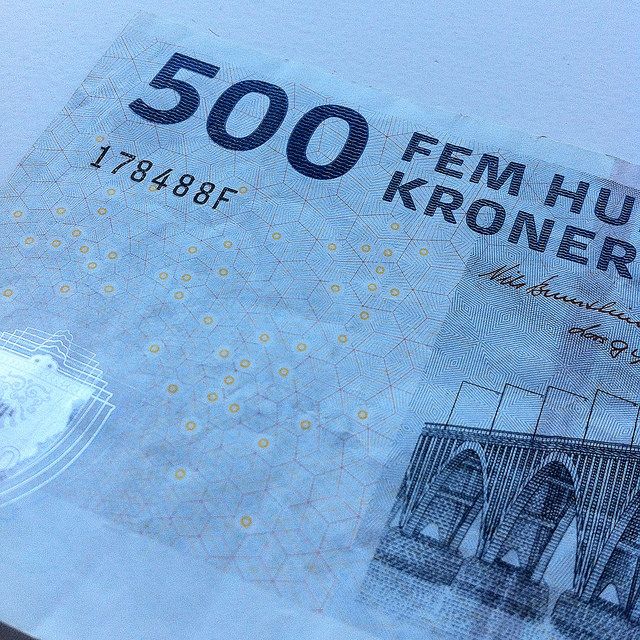Many Danish companies seem to be taking advantage of a tax plan originally designed to help universities find researchers to offer a significant tax break to employees working in fields having little or nothing to do with academia.
Some foreign workers under the plan pay half as much in taxes as their Danish counterparts.
The companies involved include major Danish players such as Novo Nordisk, Danske Bank and several others represented on the top-tier stock market index, the C20 Cap-Index.
Footy research
The plan was initially targeted at universities to attract researchers, but since then it has been used to attract both athletes and executives.
READ MORE: Companies going the extra mile for their foreign workers
According to the companies, the number of employees taking part in the ‘researcher tax scheme’ has grown by 70 percent since January 2014. The requirements for taking part in the plan were relaxed in 2015.
Half as much
It is still primarily used by high wage earners and foreign specialists who have their tax burden almost halved compared with Danes employed in the same jobs.
“The scheme is a very important factor when companies hire foreign workers,” Per Ørtoft Jensen, a partner at EY, a company that advises other businesses on tax matters, told Jyllands Posten. “At a certain level, it is absolutely crucial.
The latest available figures (for 2013) from the Tax Ministry show that 5,028 people were using the researcher tax break.
The increase since that time has come in part due to a lowering of the income requirements for the plan by 10,000 kroner per month to 60,000 kroner a month.















